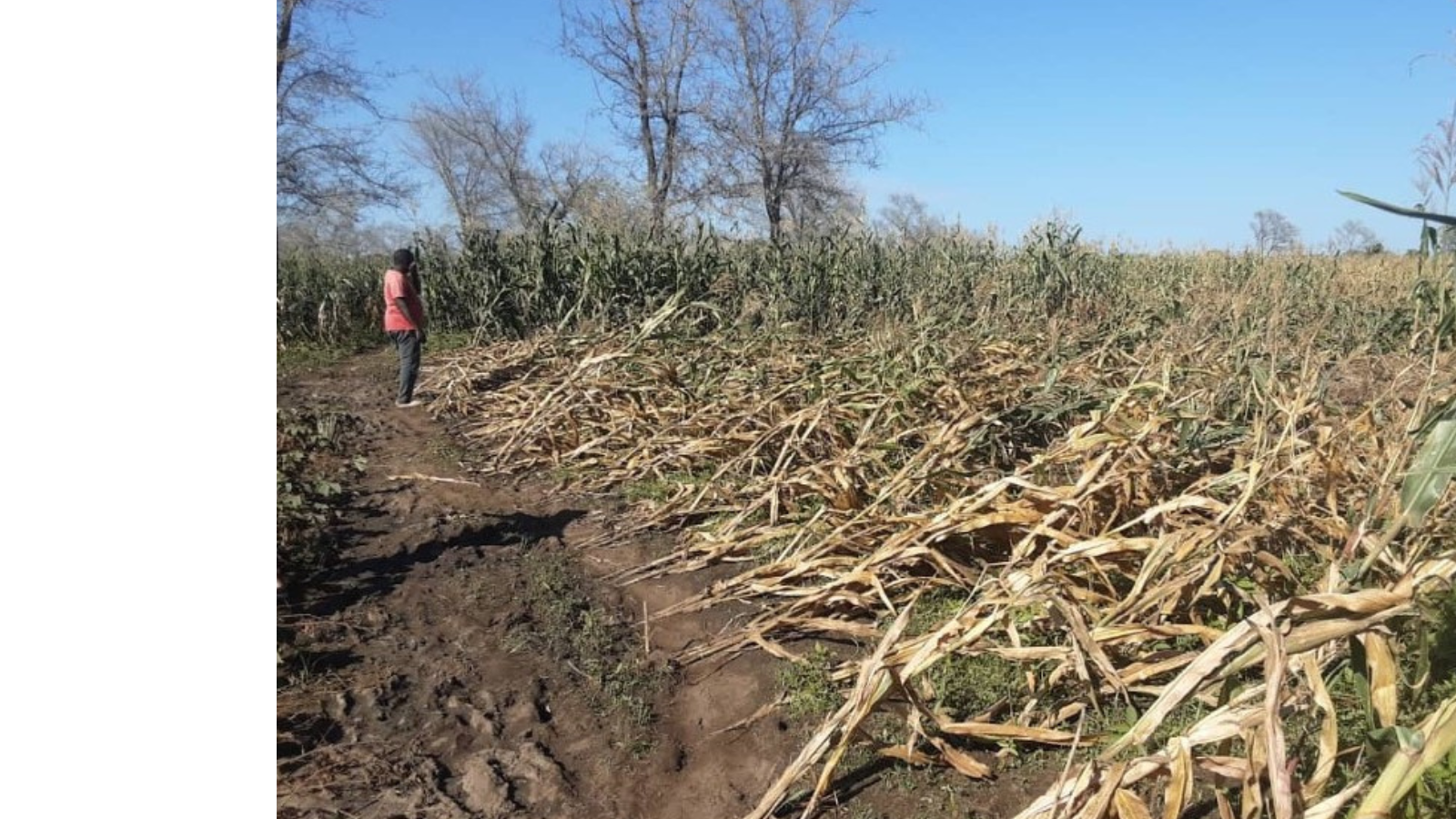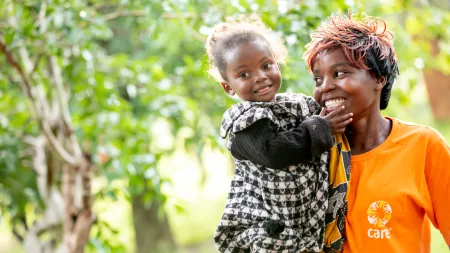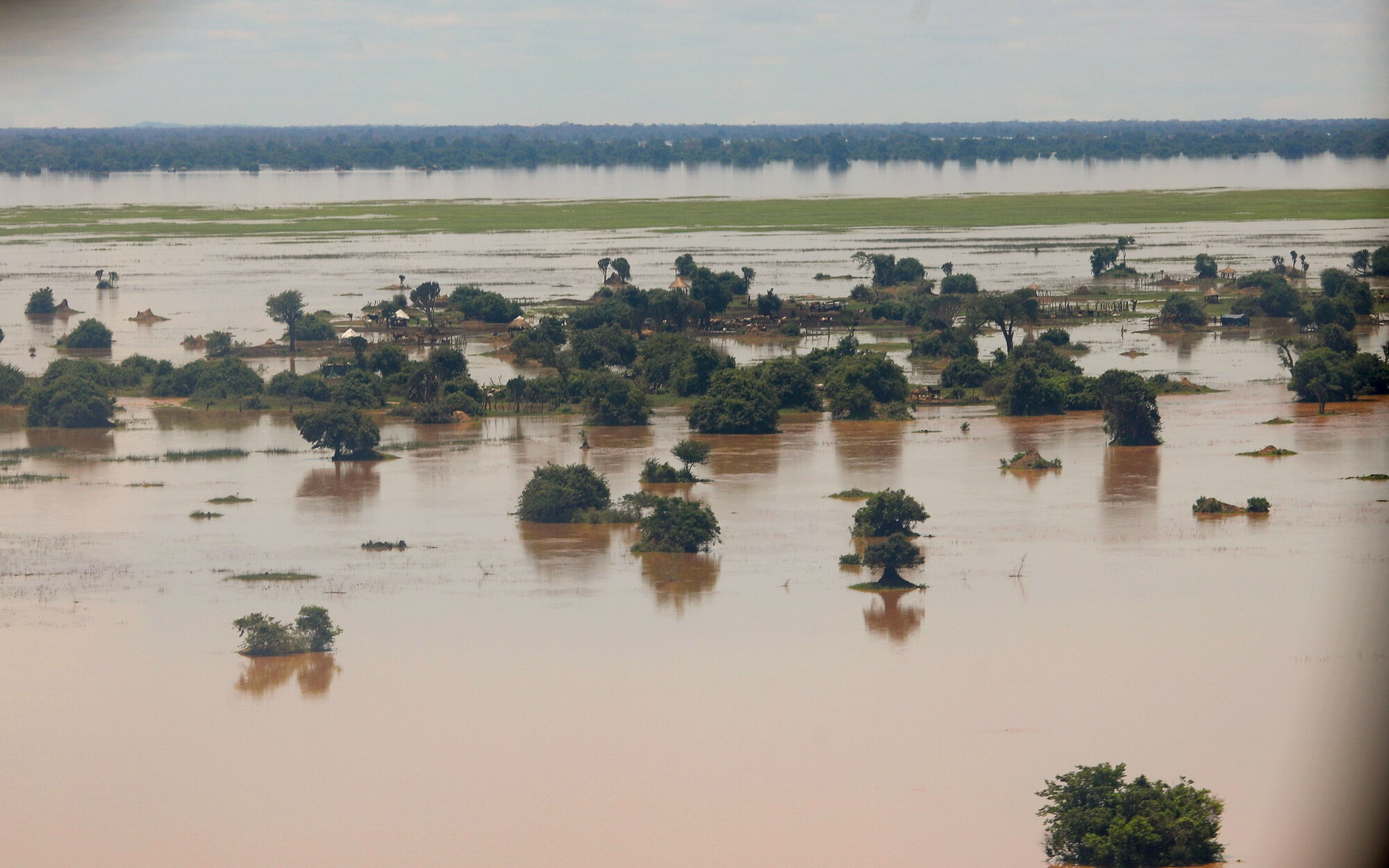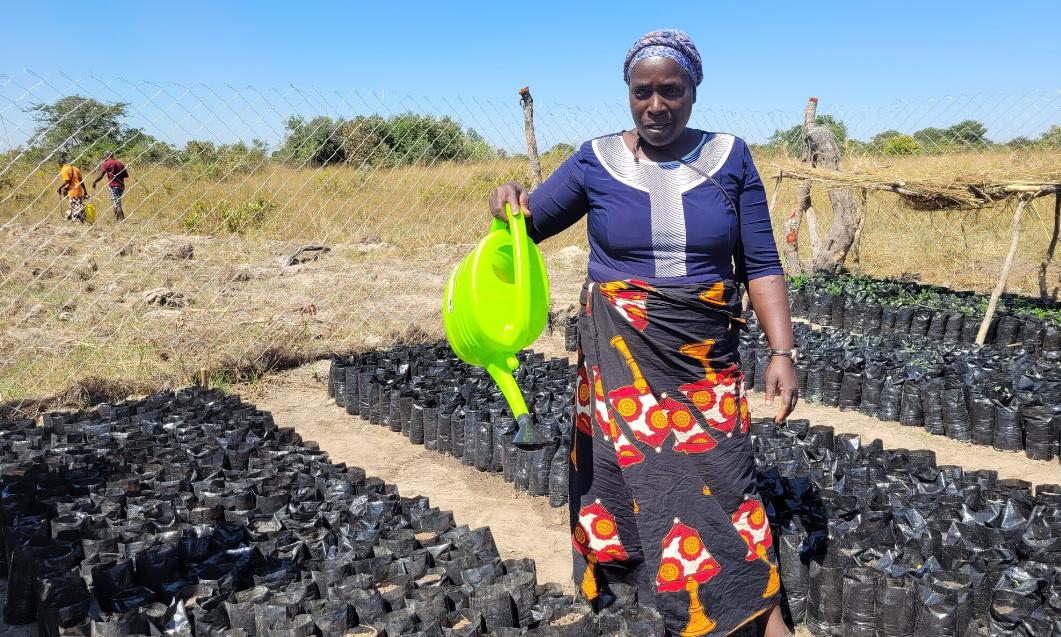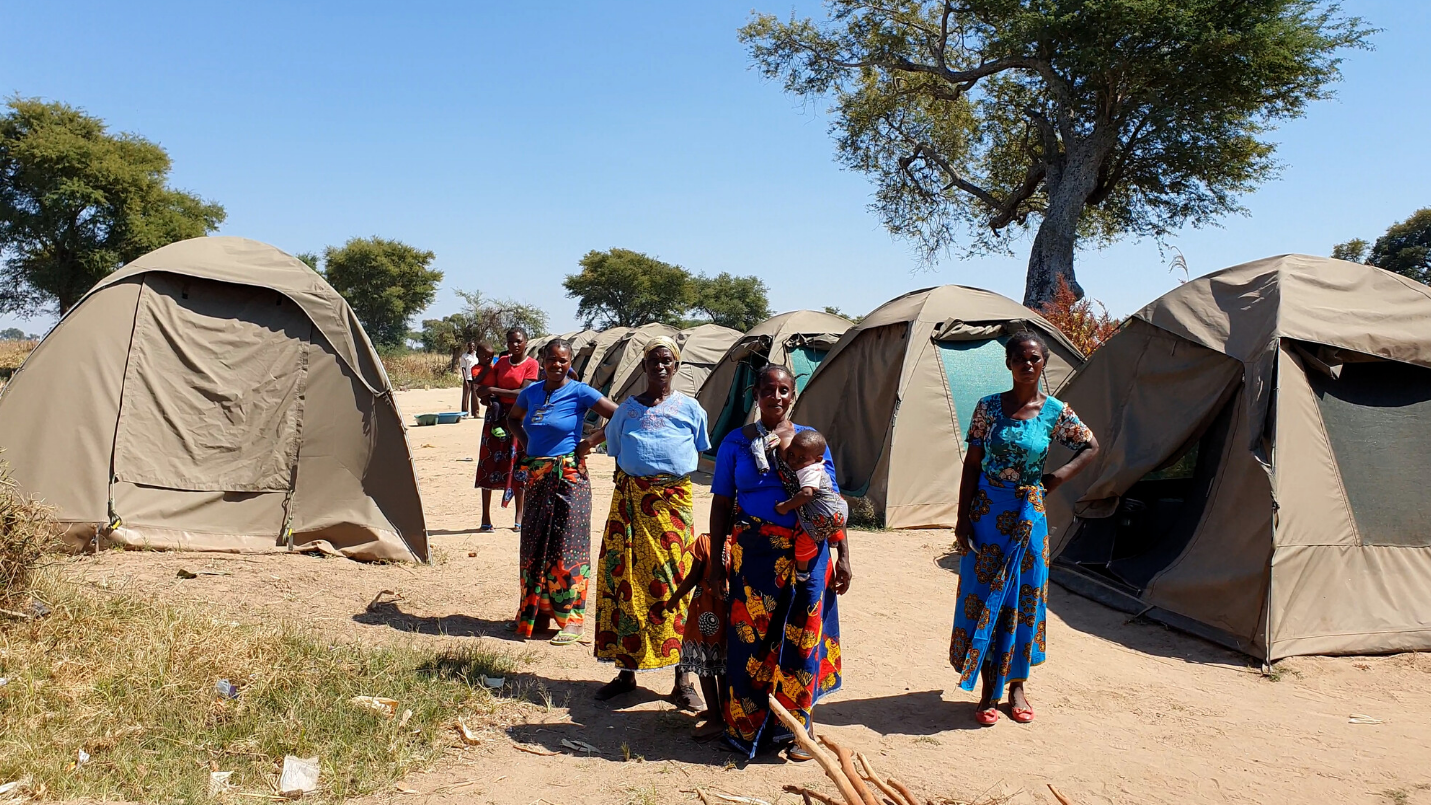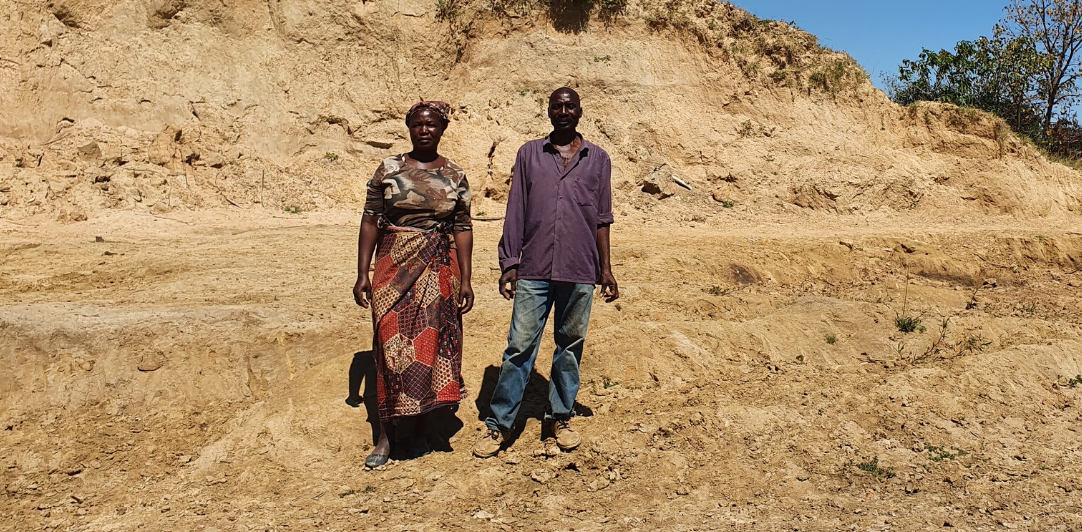What CARE International does in Zambia
CARE International began working in Zambia in 1992, initially focusing on emergency relief in response to the severe drought of the early 1990s and on interventions to mitigate the effects of escalating inflation and extreme poverty in urban areas.
CARE Zambia’s current program portfolio focuses primarily on long-term development programs in rural and marginal peri-urban communities. We also respond to emergencies when the need arises.
CARE Zambia aims to work with women and girls vulnerable to poverty and addresses this with niche programs dedicated to improving maternal and child nutrition and social protection.
